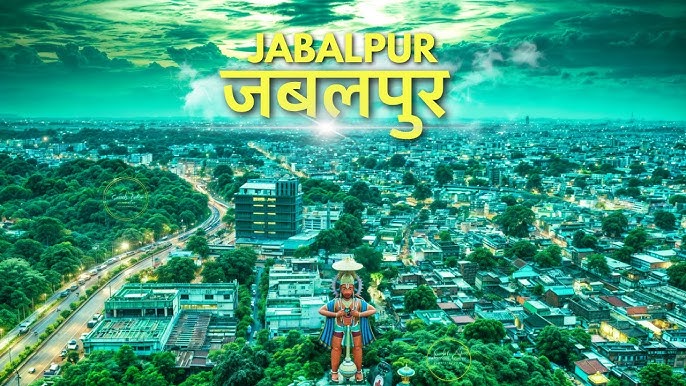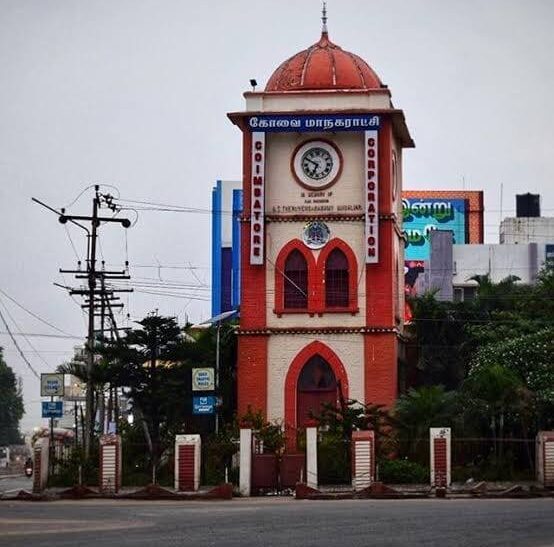Gwalior, Madhya Pradesh City Guide: Where To Go, Stay, Eat, And shop in India’s best city.
Gwalior is a historic city in the Indian state of Madhya Pradesh, known for its rich cultural heritage, majestic forts, and vibrant traditions. Often referred to as the “City of Scindia,” Gwalior is a major tourist destination and an important cultural and economic hub in central India. Here are some key points about Gwalior:
Geography and Climate:
- Location: Gwalior is located in northern Madhya Pradesh, near the border with Uttar Pradesh.
- Climate: The city experiences a subtropical climate, with hot summers, cool winters, and moderate rainfall during the monsoon season.
Economy:
- Industrial Hub: Gwalior is a significant industrial center, particularly known for its manufacturing, textiles, and chemical industries.
- Tourism: Tourism is a major contributor to Gwalior’s economy, with its forts, palaces, and cultural heritage attracting visitors from around the world.
- Education: The city is home to several prestigious educational institutions, contributing to its economy and reputation as an educational hub.
- Agriculture: The surrounding region produces crops like wheat, pulses, and oilseeds.
Culture and Heritage:
- Languages: Hindi is the primary language spoken, but English and other regional languages are also widely understood.
- Festivals: The city celebrates festivals like Tansen Music Festival, Diwali, Holi, and Gudi Padwa with great enthusiasm. The Tansen Music Festival is a major cultural event dedicated to classical music.
- Cuisine: Gwalior offers a rich culinary experience with traditional North Indian and Mughlai dishes like kebabs, biryanis, and poha. The city is also famous for its sweets like gajak and mawa-bati.
Tourism:
- Historical Sites:
- Gwalior Fort: One of the most iconic forts in India, known for its impressive architecture and historical significance. It houses several monuments, including Man Singh Palace, Teli Ka Mandir, and Sas Bahu Temple.
- Jai Vilas Palace: A stunning palace built by the Scindia dynasty, now a museum showcasing royal artifacts, vintage cars, and European art.
- Tomb of Tansen: A memorial dedicated to the legendary musician Tansen, located near the tomb of his Sufi saint mentor, Muhammad Ghaus.
- Religious Sites:
- Sas Bahu Temple: A pair of ancient Hindu temples dedicated to Lord Vishnu, known for their intricate carvings.
- Sun Temple: A modern temple dedicated to the Sun God, inspired by the Konark Sun Temple in Odisha.
- Parks and Recreation:
- Phool Bagh: A beautiful garden complex with fountains, statues, and a museum.
- Gwalior Zoo: A popular spot for families and wildlife enthusiasts.
Education and Research:
- Educational Institutions: Gwalior is home to several prestigious educational institutions, including:
- Indian Institute of Technology (IIT) Gwalior
- Scindia School: One of the most renowned boarding schools in India.
- Jiwaji University
- Research Centers: The city has research facilities in engineering, science, and agriculture.
Transportation:
- Air: Gwalior Airport connects the city to major domestic destinations like Delhi, Mumbai, and Indore.
- Rail: Gwalior Junction is a major railway station on the Indian Railways network, providing excellent connectivity to other parts of India.
- Road: The city is well-connected by national highways (NH-44 and NH-46) and state highways, making it accessible from Delhi, Agra, and other cities.
- Public Transport: The city has a network of buses, auto-rickshaws, and taxis for local transportation.
Governance:
- Administration: Gwalior is governed by the Gwalior Municipal Corporation (GMC), which oversees civic infrastructure and services.
- Smart City Initiative: Gwalior is part of the Indian government’s Smart Cities Mission, aimed at improving urban infrastructure, transportation, and quality of life.
Historical Significance:
- Foundation: Gwalior has a rich history dating back to the 8th century. It was ruled by various dynasties, including the Tomars, Mughals, and Scindias.
- Freedom Struggle: Gwalior played a significant role in India’s freedom struggle, with several leaders and movements originating from the region.
Cultural and Musical Heritage:
- Tansen: Gwalior is closely associated with Tansen, one of the greatest musicians in Indian history and one of the Navaratnas (nine gems) in Emperor Akbar’s court. The Tansen Music Festival is held annually to celebrate his legacy.
- Gwalior Gharana: The city is the birthplace of the Gwalior Gharana, one of the oldest and most influential schools of Hindustani classical music.
Adventure and Nature:
- Tighra Dam: Located about 23 kilometers from Gwalior, it is a popular spot for picnics and boating.
- Atal Sagar Reservoir: A scenic reservoir offering a peaceful retreat for nature lovers.
Gwalior is a vibrant city that blends its rich cultural heritage with modern development. Its majestic forts, palaces, and musical traditions make it a must-visit destination in Madhya Pradesh. Whether as a cultural center, a tourist hotspot, or an emerging industrial hub, Gwalior continues to captivate visitors and residents alike.

![Gwalior, Madhya Pradesh City Guide: Where To Go, Stay, Eat, And shop in India’s best city. [Updated-2025]](https://traveloinfo.com/wp-content/uploads/2025/02/gwalior-872x547.jpg)
![Aurangabad, Bihar City Guide: Where To Go, Stay, Eat, And shop in India’s best city. [Updated-2025]](https://traveloinfo.com/wp-content/uploads/2025/03/AurangabadBihar1.jpg)
![Jehanabad, Bihar City Guide: Where To Go, Stay, Eat, And shop in India’s best city. [Updated-2025]](https://traveloinfo.com/wp-content/uploads/2025/03/JehanabadBihar.jpg)
![Buxar, Bihar City Guide: Where To Go, Stay, Eat, And shop in India’s best city. [Updated-2025]](https://traveloinfo.com/wp-content/uploads/2025/03/BuxarBihar.jpg)



![Bangalore, Karnataka City Guide: Where To Go, Stay, Eat, And shop in India’s best city. [Updated-2025]](https://traveloinfo.com/wp-content/uploads/2025/02/bangaloref.jpg)
![Hyderabad, Telangana City Guide: Where To Go, Stay, Eat, And shop in India’s best city. [Updated-2025]](https://traveloinfo.com/wp-content/uploads/2025/02/hydrabad1.jpg)
![Ahmedabad, Gujarat City Guide: Where To Go, Stay, Eat, And shop in India’s best city. [Updated-2025]](https://traveloinfo.com/wp-content/uploads/2025/02/ahemadabad1.jpg)